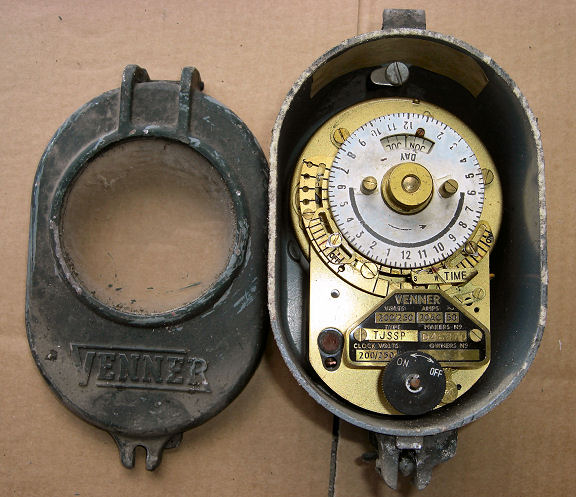wmrcomputers
Stafford PC & laptop repair specialist
I have PCB manufacturing ability, soldering skills etc, but my circuitry design skills are long outdated and I need a (reasonably) simple circuit diagram.
a 12vdc circuit which will run off such as a car battery. It needs a photo cell? to start a delay timer for around 8 hours once darkness falls. After the 8 hours it then needs to switch ON an output and then automatically switch off again when daylight returns (ideally at an adjustable level).
The purpose is a poultry lighting system to keep hens laying during shorter days as they need 15 or 16 hours of light per day. The artificial light has to be added at the start of the day so that dusk can fall naturally and allow them to put themselves to bed naturally. Although there are timer options, it means having to remember to adjust the on and off times quite often as sunset times vary. The circuit I am looking for would therefore be fully automatic as it would always turn the light on 8 hours into darkness.
Any electronics geeks here that could come up with the circuit diagram and list the components required? Happy to pay in computer repairs or eggs!
a 12vdc circuit which will run off such as a car battery. It needs a photo cell? to start a delay timer for around 8 hours once darkness falls. After the 8 hours it then needs to switch ON an output and then automatically switch off again when daylight returns (ideally at an adjustable level).
The purpose is a poultry lighting system to keep hens laying during shorter days as they need 15 or 16 hours of light per day. The artificial light has to be added at the start of the day so that dusk can fall naturally and allow them to put themselves to bed naturally. Although there are timer options, it means having to remember to adjust the on and off times quite often as sunset times vary. The circuit I am looking for would therefore be fully automatic as it would always turn the light on 8 hours into darkness.
Any electronics geeks here that could come up with the circuit diagram and list the components required? Happy to pay in computer repairs or eggs!


